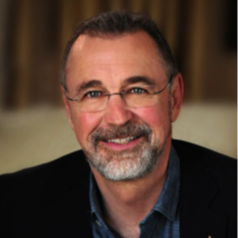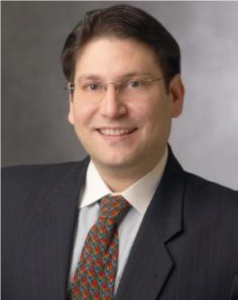In partnership with the World Affairs Council – Washington DC, the Confucius Institute U.S. Center is broadcasting its U.S.-China Global Education Television Series September 1 through September 30, 2018. The series features one-on-one conversations between ten distinguished American private and public-sector leaders and the presidents of U.S. universities and cultural organizations that host Confucius Institutes.
Here are the latest episodes:
Episode 1: Former U.S. Ambassador Charles Freeman and Dr. C.D. Mote, Jr. of National Academy of Engineering
In this episode
In this episode, former Ambassador Charles Freeman speaks with President C. Dan Mote, Jr. of National Academy of Engineering on U.S.-China relations and cross-cultural understanding.
Dr. Mote is the founding father of Confucius Institutes in the United States. Under his vision and leadership, the first Confucius Institute opened at the University of Maryland in 2004. Since then, millions of Americans have participated in its unique cultural and educational programs in universities and communities throughout the U.S.
Ambassador Freeman is a pioneer and life-long contributor to the U.S.-China diplomatic relations. He was the Principal Interpreter for President Nixon's historic trip to China in 1972.
Episode 2: NAFSA CEO Dr. Esther Brimmer and Dr. W. Taylor Reveley of the College of William & Mary
In this episode
In this episode, Dr. Esther Brimmer, CEO of NAFSA (Association of International Educators) speaks with President W. Taylor Revley of the College of William & Mary on language study, global education, and cross-cultural understanding.
Dr. Brimmer's distinguished career includes three appointments within the U.S. Department of State and leadership positions in multiple international think tanks.
Dr. Reveley is the 27th president of the College of William & Mary. He is a global leader in education and an expert in the field of law.
Episode 3: Former U.S. Secretary of Defense Chuck Hagel and Dr. Ronnie Green of the University of Nebraska-Lincoln
In this episode
In this episode, former U.S. Secretary of Defense Chuck Hagel discusses U.S.-China relations and global education with Chancellor Ronnie Green of the University of Nebraska-Lincoln.
Secretary Hagel served as the 24th U.S. Secretary of Defense, and two terms the United States Senator representing the State of Nebraska.
Dr. Green is the 20th chancellor of the University of Nebraska-Lincoln. He is an internationally recognized expert and leader in animal science and genetics.
Episode 4: Former Administrator of NASA Charles Bolden and Dr. Harris Pastides of the University of South Carolina
In this episode
In this episode, former Administrator of NASA Charles Bolden discusses U.S.-China aerospace cooperation and cross-cultural understanding with President Harris Pastides of the University of South Carolina.
General Charles Bolden is a former Administrator of NASA, a retired United States Marine Corps Major General, and a former NASA astronaut. His missions included the Hubble Deployment as well as the first Space Lab mission to Planet Earth to study the Earth's atmosphere. He also participated in the first U.S.-Russia Shuttle Mission.
Dr. Pastides is the 28th President of the University of South Carolina. He graduated from Yale University with two masters degrees and a Ph.D. degree in Epidemiology. In 2016, Dr. Pastides received the inaugural Global Changemaker Award - given in recognition of his ongoing commitment to transforming society and humanity through his work.
Episode 5: UPS CEO David Abney and Dr. Mark Becker of Georgia State University
In this episode
In this episode, CEO of UPS David Abney speaks with Georgia State University President Mark Becker on the value of cultural educational exchange and understanding China for success in this globalized economy. David Abney shares his own professional journey as well as the story of UPS, and how both have intersected with China in unique and transformative ways. Abney also offers advice to students who want to succeed in the globalized world of the 21st century.
David Abney is the CEO and Chairman of UPS--the world's largest logistics and supply chain management company. Abney began his career at UPS in college as a part-time employee loading trucks in Mississippi. His journey has brought him across the world, including regular trips to China.
Dr. Mark Becker has been the President of Georgia State University since 2009. Dr. Becker has strategically positioned his faculty and students to thrive in the global landscape through the establishment of numerous international partnership around the world including in China. He oversaw the development of two Confucius Institutes during his career. The Confucius Institute at the University of South Carolina and the Confucius Institute at Georgia State University, which seeks to serve business and educational communities in Georgia.
Episode 6: Bertrand-Marc Allen, President of Boeing International, and Dr. Ángel Cabrera of George Mason University
In this episode
In this episode, President of Boeing International Bertrand-Marc Allen speaks with George Mason University's President Ángel Cabrera on the importance of cultivating cross-cultural understanding and developing global students through educational exchange.
Marc Allen is the President of Boeing International, responsible for the company’s international strategy and corporate operations outside the U.S., overseeing 18 regional offices in key global markets. Previously, Allen served as president of Boeing China, leading the company’s business in China from its Beijing headquarters.
Dr. Ángel Cabrera is the President of George Mason University, home to a thriving Confucius Institute. Dr. Cabrera is recognized internationally as a thinker and a leader in business education. He is also the first native of Spain to serve as the president of an American university.
Episode 7: Dr. Joseph W. Polisi, President of The Juilliard School, and Dr. Anthony Monaco of Tufts University
In this episode
In this episode, Dr. Joseph W. Polisi, President of The Juilliard School speaks with Dr. Anthony Monaco of Tufts University on the transforming power of music diplomacy and Juilliard School's new Tianjin campus in China.
Dr. Joseph W. Polisi is President of The Juilliard School. In 2010 he founded Julliard Global a program to bring Julliard expertise to selected sites around the world. A major component of this initiative is in the Tianjin Julliard School, a branch campus for which Julliard has received authorization from the Chinese Ministry of Education to open in 2019.
Dr. Anthony Monaco is the 13th president of Tufts University. Dr. Monaco brings to the Tufts presidency deep-rooted commitments to academic excellence, diversity, access and inclusion, a global perspective, and a keen awareness of the power of higher education to impact individuals and society. The establishment of Tufts University’s Confucius Institute reflects his global strategy.
Episode 8: Dr. Victor Dzau, President of National Academy of Medicine, and Dr. Samuel Stanley of Stony Brook University
In this episode
In this episode, Dr. Victor Dzau, President of National Academy of Medicine, speaks with President Samuel Stanley of Stony Brook University on China's contribution to global health and the importance of training the next generation of health leaders who have a wide view of the world.
Dr. Victor Dzau is the President of National Academy of Medicine. He advises governments, corporations, and universities worldwide and serves as chair of the health and medicine division committee of the national academies of science, engineering, and medicine. Dr. Dzau was born in Shanghai, raised in Hong Kong and attended Medical School in Canada and spent the majority of his professional career in the United States.
Dr. Samuel Stanley is the 5th President of Stony Brook University, which is one of the most prestigious American public research institutions. Stony Brook is recognized for its innovative programs, groundbreaking discoveries, and integration of research with undergraduate education. Dr. Stanley’s global vision, which includes hosting a Confucius Institute, makes Stony Brook University one of the most important and popular places in the world for international education and academic collaboration.
Episode 9: Former U.S. Ambassador, J. Stapleton Roy and President James B. Heimowitz of China Institute
In this episode
In this episode, former Ambassador J. Stapleton Roy speaks with James Heimowitz, President of the China Institute, on U.S.-China relations and cross-cultural understanding.
Ambassador Roy lived in China for 10 of his first 15 years of life, and for 20 years total. He served as U.S. ambassador to China, Singapore, and Indonesia. Upon retirement, Ambassador Roy started the Kissinger Institute at the Woodrow Wilson Center in Washington, DC.
James Heimowitz was among one of the first groups of American students who went to China to study in the 1980s. Mr. Heimowitz received his MBA degree from the Wharton School at the University of Pennsylvania. Following a successful business career in finance, communications, and management consulting, he now leads China Institute.
Episode 10: President Leslie Wong of San Francisco State University and California State Treasurer John Chiang
In this episode
In this episode, California State Treasurer John Chiang discusses U.S.-China relations and global education with President Leslie Wong of San Francisco State University.
Treasurer John Chiang serves as California’s 33rd State Treasurer. As the state’s banker, he oversees trillions of dollars in annual transactions, manages a $75 billion investment portfolio, and is the nation’s largest issuer of municipal bonds. Treasurer Chiang is the only person to have held all three state financial offices in the history of California.
Dr. Leslie E. Wong has served as San Francisco State University's president since 2012. Dr. Wong is committed to providing SF State students with an exceptional educational experience forged in the intellectual energy of one of the world’s most innovative cities and fostered by the diversity, creativity, and dedication of SF State’s faculty, staff, students, and alumni.

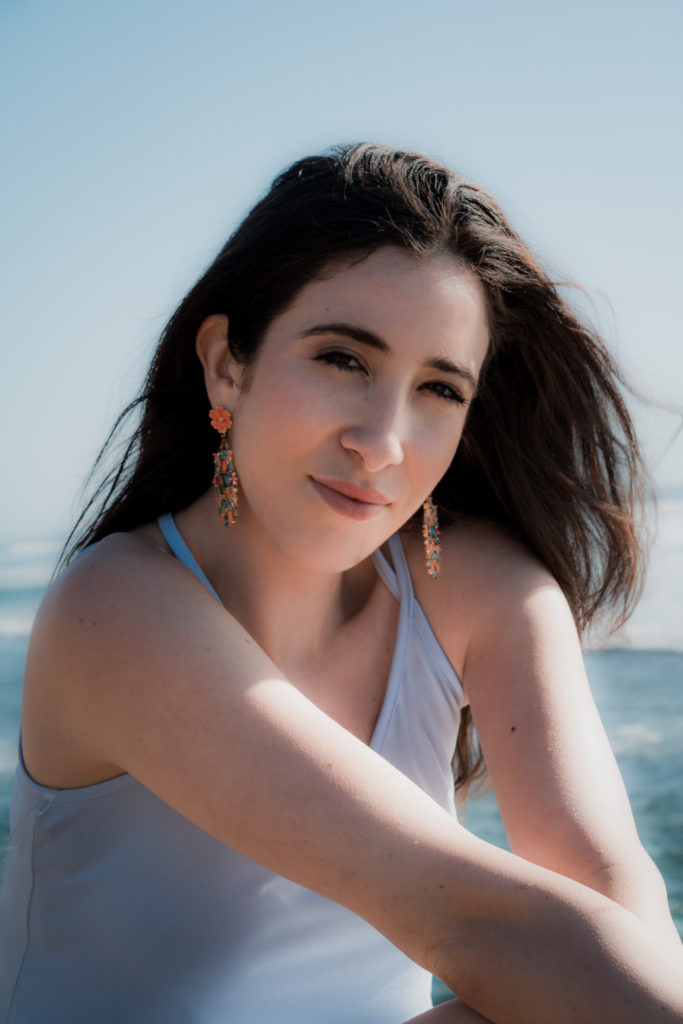
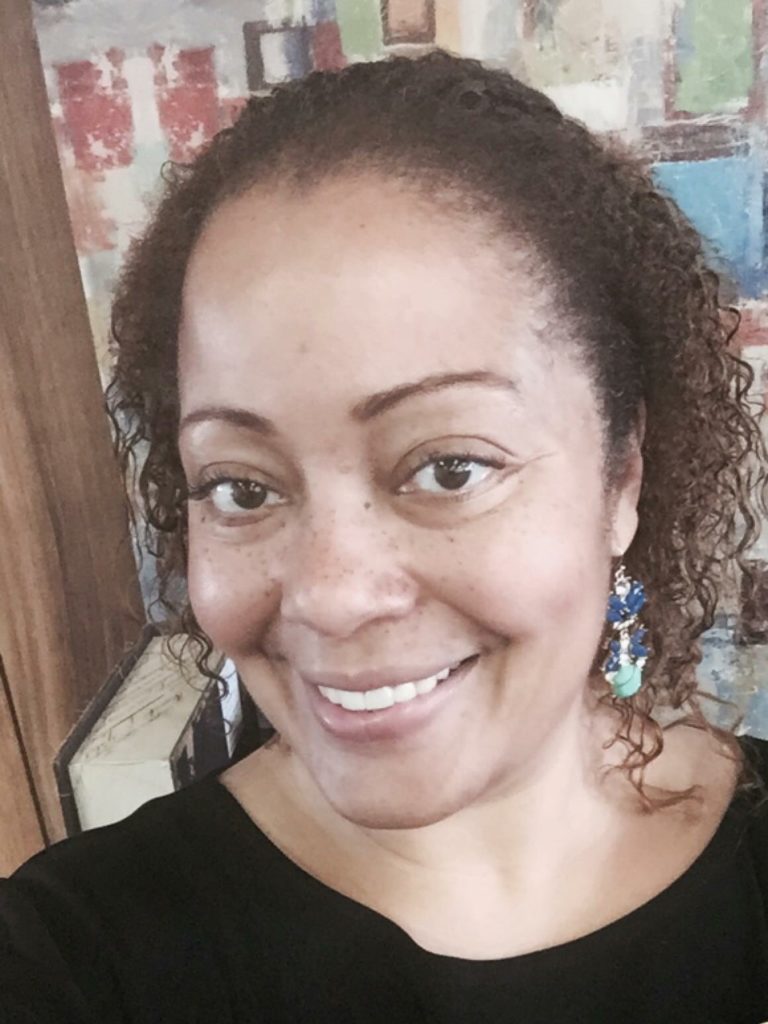
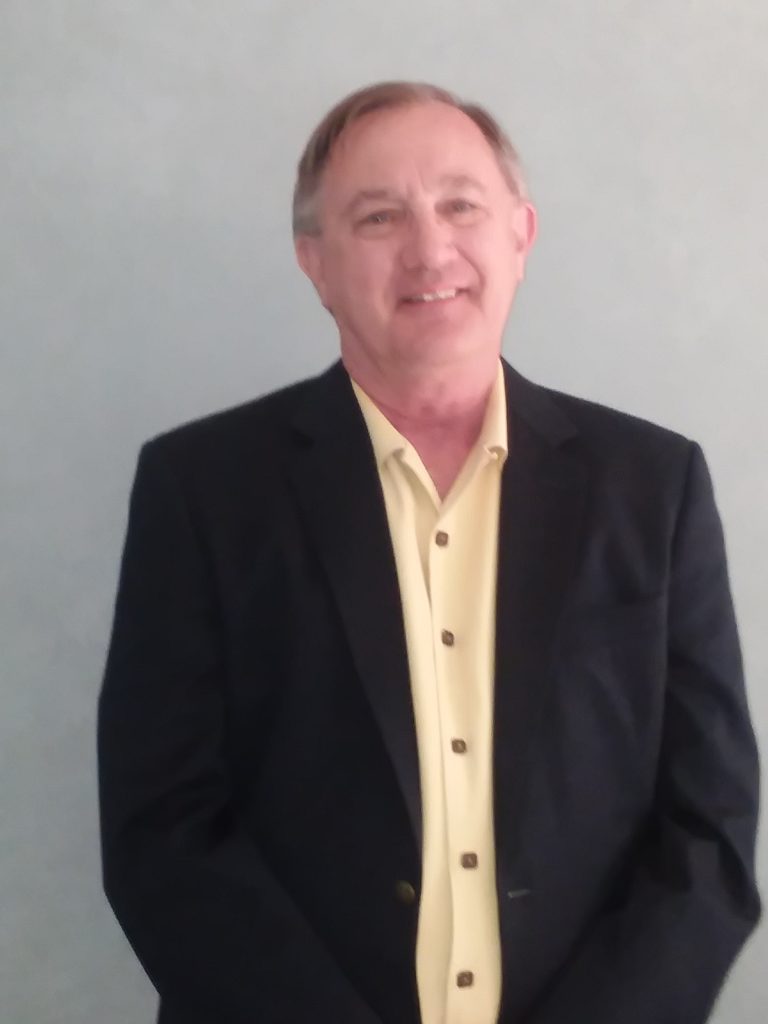
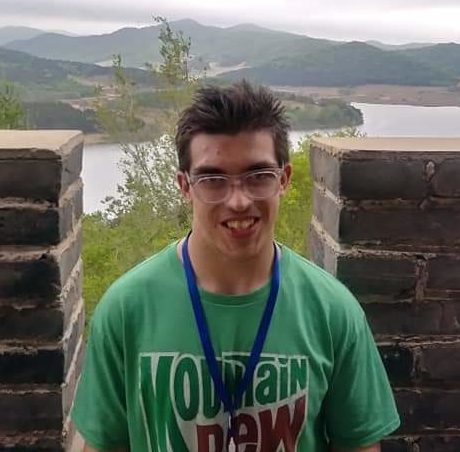



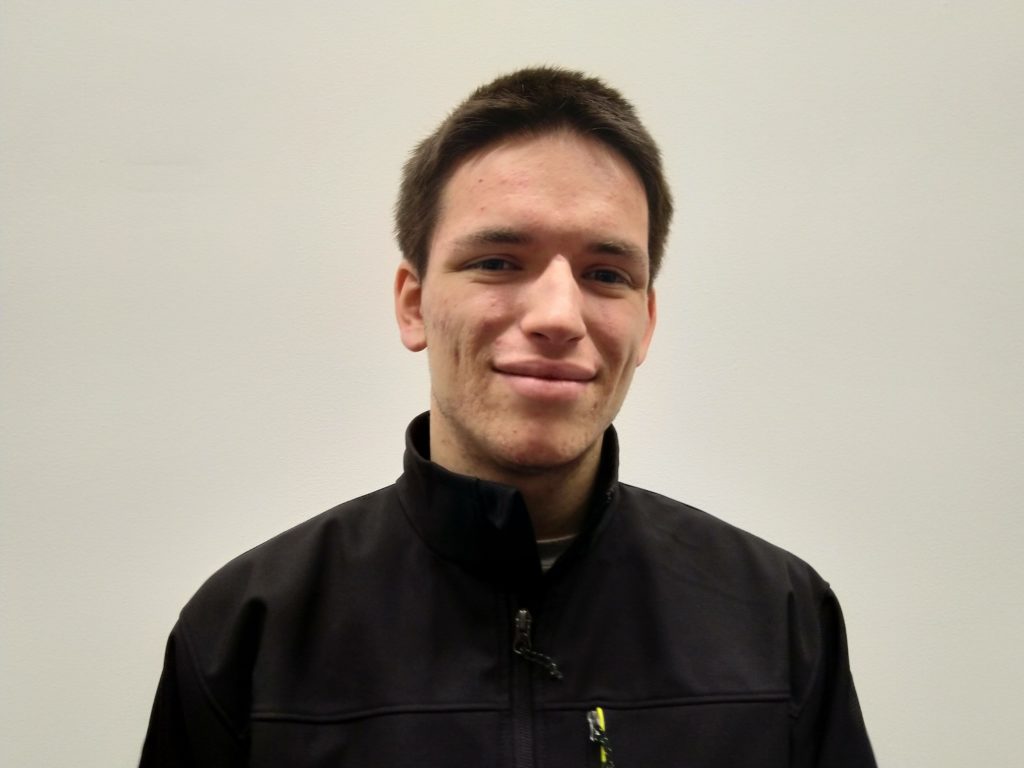
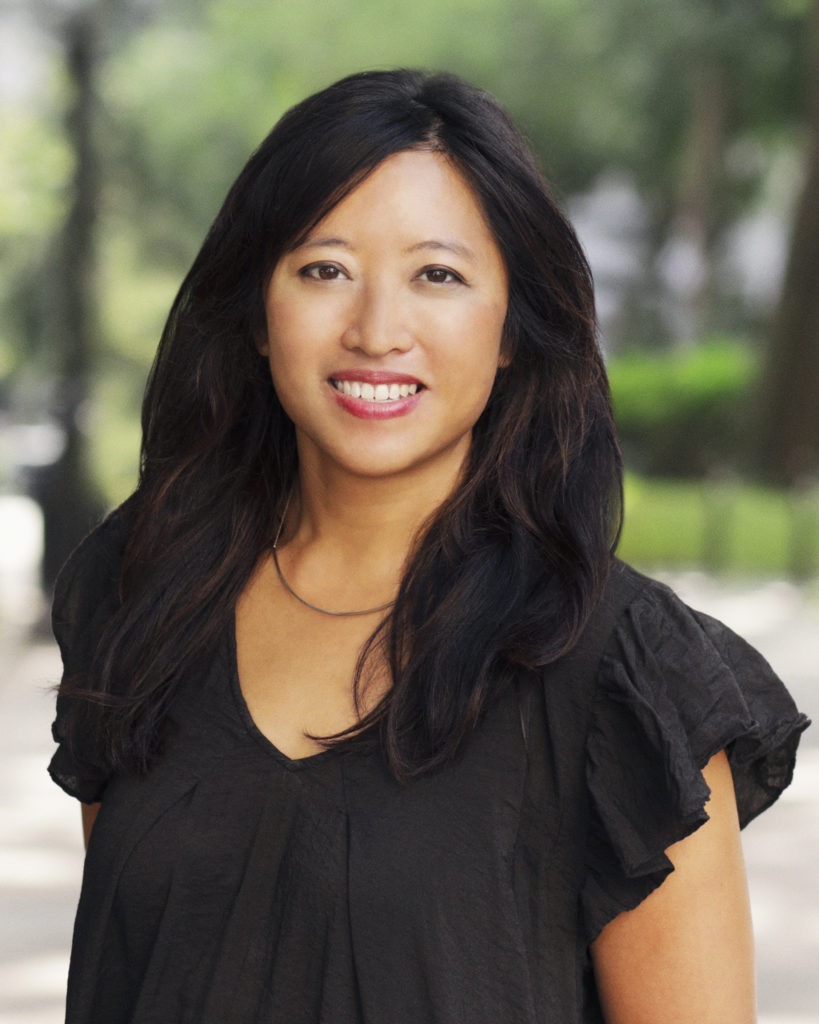

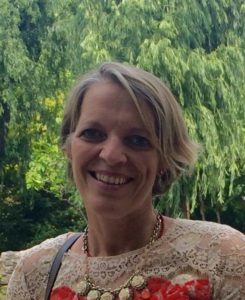 Dr. Monika Hoffarth-Zelloe has been a foreign language professor for more than two decades.
Dr. Monika Hoffarth-Zelloe has been a foreign language professor for more than two decades.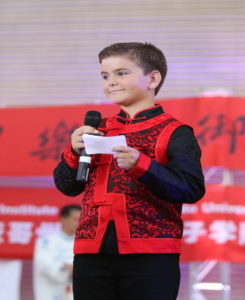
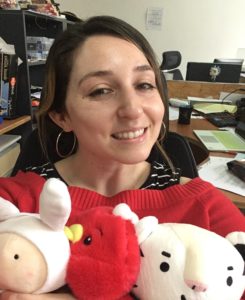 Kayla Raden is a high school biology and chemistry teacher from New Jersey.
Kayla Raden is a high school biology and chemistry teacher from New Jersey.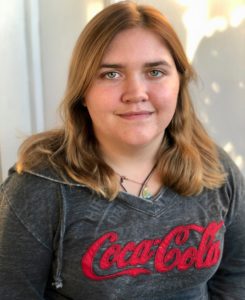 Trinity Lewis, 16 years old, attends Omaha Northwest High Magnet School.
Trinity Lewis, 16 years old, attends Omaha Northwest High Magnet School.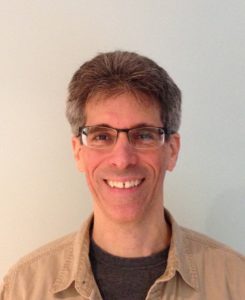

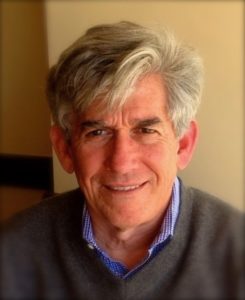
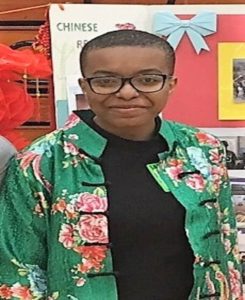
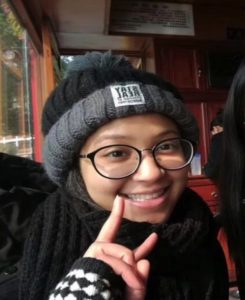
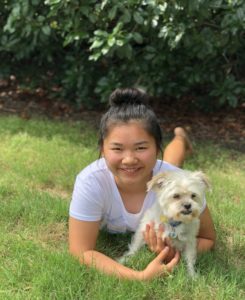

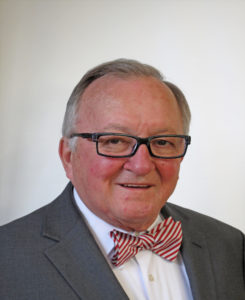 Douglas McDonald is a retired administrative judge from Boston, MA who has recently joined the Confucius Institute at the University of Massachusetts-Boston to tackle yet another language.
Douglas McDonald is a retired administrative judge from Boston, MA who has recently joined the Confucius Institute at the University of Massachusetts-Boston to tackle yet another language.

